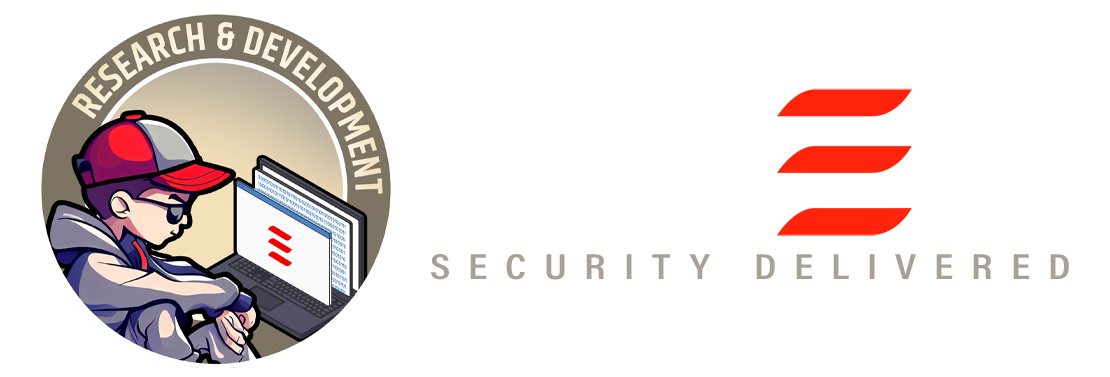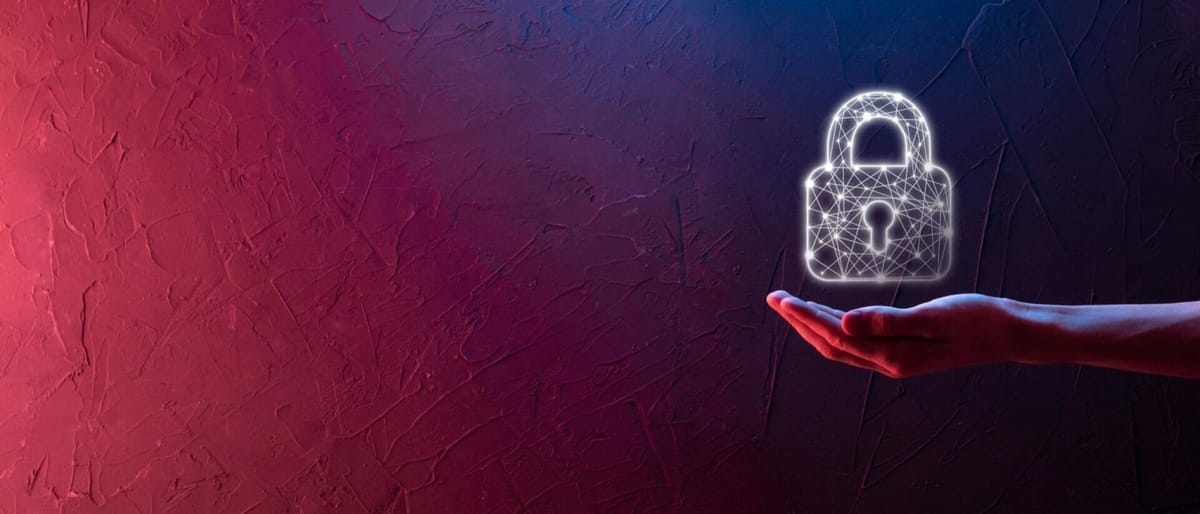Introduction
Zero Knowledge Proof
Zero-Knowledge Proof (ZKP) is a cryptographic method where one party (the prover) can convince another party (the verifier) that a statement is true without revealing any information beyond the fact that it is indeed true. Imagine proving you know a password without ever showing the password itself — that's the essence of ZKP. This technique plays a massive role in enhancing privacy, authentication, and blockchain scalability. Critically, certain types of ZKPs, especially lattice-based or hash-based variants, are being designed as post-quantum cryptography — meaning they are resistant to attacks even from quantum computers, which will eventually break today's standard encryption. As the quantum threat looms closer, ZKPs are emerging not just as privacy tools, but as key building blocks for a future-proof, quantum-resilient security ecosystem.
Among the most important families of Zero-Knowledge Proofs today are SNARKs (Succinct Non-Interactive Argument of Knowledge) and STARKs (Scalable Transparent Argument of Knowledge). SNARKs are incredibly compact and efficient, allowing fast verification of proofs, but they usually rely on a trusted setup — a risky initial ceremony where secret parameters are generated. Meanwhile, STARKs eliminate the need for trusted setup by using only hash functions and are designed to be scalable to millions of verifications. STARKs are also natively post-quantum secure, because they depend on collision-resistant hash functions, not on elliptic curves or factoring — two areas where quantum computers are expected to dominate. As we move into an era where quantum threats are real and data integrity at massive scale becomes non-negotiable, SNARKs and STARKs are shaping the future of secure, efficient, and quantum-resistant cryptographic systems.
ZoKrates
To make working with ZKPs more accessible, tools like ZoKrates have emerged — a high-level framework for writing zkSNARK circuits easily, compiling them, and generating verifiable proofs. Built primarily for integration with Ethereum smart contracts, ZoKrates abstracts away the complex mathematics behind zkSNARKs, allowing developers to create privacy-preserving applications without needing to be cryptography experts. In a world hurtling toward quantum computing and massive decentralization, frameworks like ZoKrates are critical to accelerating the adoption of real-world zero-knowledge solutions.
Implementation
Verify your age without disclosing your actual age
First, we need to create our ZKP circuit. For a more in-depth explanation of Zero-Knowledge Proofs from a programmer's perspective, please refer to this site.

next we need to compiled our circuit.

Generating the keys :
- Proving key (PK): Used by the prover to generate proofs.
- Verification key (VK): Used by the verifier to verify the proofs.

Compute witness. why needed ?. To actually prove you have a correct answer without leaking it

Generate proof for verification on the public third-party


verify the proof
This is the critical part of Zero-knowledge. The verifier (or any public observer) learns nothing about the secret, only that the input satisfies the proof.
On this case, we will deploy the verifier on blockchain. First we need our verifier smartcontract.

Run our local ETH Node using Anvil

Deploy the smartcontract using Remix IDE

This is the proof that we will input to the verifyTx function on Remix.

Verify the proof on Remix,once the proof valid, the result will be true. Result from verifier is bool [true,false].


Conclusion
In conclusion, Zero-Knowledge Proofs (ZKPs) offer a groundbreaking way to prove facts without revealing the underlying data itself. Using frameworks like ZoKrates, it is now possible to verify your age without disclosing your actual age to the public verifier. Instead of revealing sensitive information, you generate a proof that confirms you are within a certain age range — for example, between 25 and 30 — while keeping your real birth date completely private. The public verifier doesn't need to know your exact age; they only need the validity of the proof to confidently verify the claim. This approach not only enhances personal privacy but also future-proofs identity verification in a world increasingly aware of data sensitivity and quantum security threats. With ZKPs, privacy is no longer a compromise.


